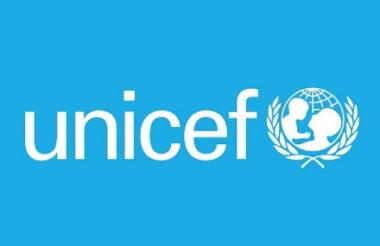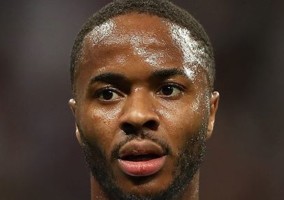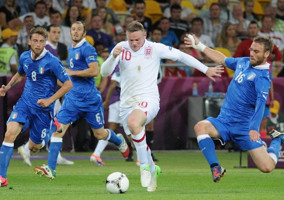Unicef UK has ignored calls to distanced itself from its goodwill ambassador David Beckham, despite criticism of his involvement with the 2022 World Cup in Qatar.
Beckham was photographed in Qatar this weekend, amid reports that he will be paid to endorse the tournament around the world.
Organisations including Human Rights Watch and Amnesty International have long raised concerns about serious human rights abuses by the Qatar government. Dozens of people have used social media this week to ask Unicef whether they will ask Beckham to step down from his work for the charity.
Civil Society News also contacted Unicef UK by phone and email on Monday and Tuesday to ask about Beckham's position. The question was referred to Unicef in the United States, which did not respond, despite repeated enquiries.
Beckham is still named as an ambassador for the charity on its website.
Amnesty International UK (AIUK) said yesterday that Beckham should “learn about the deeply concerning human rights situation in Qatar and be prepared to speak out about it”.
Beckham's millions
Beckham, who spent most of his career playing for Manchester United and England, has been a Unicef ambassador since 2005. The position allows him to use “his powerful global voice, influence and connections to raise vital funds and encourage world leaders to create lasting positive change for children”, according to the charity’s website.
In 2015, the charity launched 7: The David Beckham Unicef Fund. Unicef’s financial accounts show that it had raised around £10m through the fund by 2020.
In the same year, Beckham made a personal £1m donation to the charity.
Criticism
In an interview on Qatari television in 2019, Beckham described the country's progress preparing for the World Cup as “really incredible”. He praised the atmosphere in Qatar, saying: “It is what you want in a World Cup. You want to arrive somewhere and feel happy.”
However, AIUK has drawn attention to the “deeply concerning human rights situation” in the country, where women’s rights are restricted and migrant workers are “mistreated”, including when employed to build the stadia which will be used for the tournament.
Dozens of people have used Twitter to ask Unicef whether it is appropriate for Beckham to remain as an ambassador while representing Qatar.
Amnesty: Beckham should learn about human rights abuse
Sacha Deshmukh, the chief executive of AIUK, said: “It’s not surprising that David Beckham wants to be involved in such a major football event, but we would urge him to learn about the deeply concerning human rights situation in Qatar and be prepared to speak out about it.
“Qatar’s human rights record is troubling – from the country’s longstanding mistreatment of migrant workers, to its curbs on free speech and the criminalisation of same-sex relations.
“Qatar’s mistreatment of migrant workers – the people whose hard work is making the World Cup possible – is especially disturbing.”
He added: “David Beckham should use his unique worldwide profile to keep the world’s focus on the human rights issues surrounding the matches, and not just the play on the pitch.”
Related news












